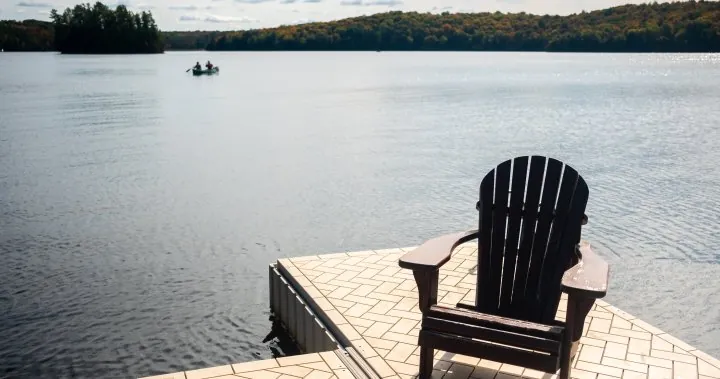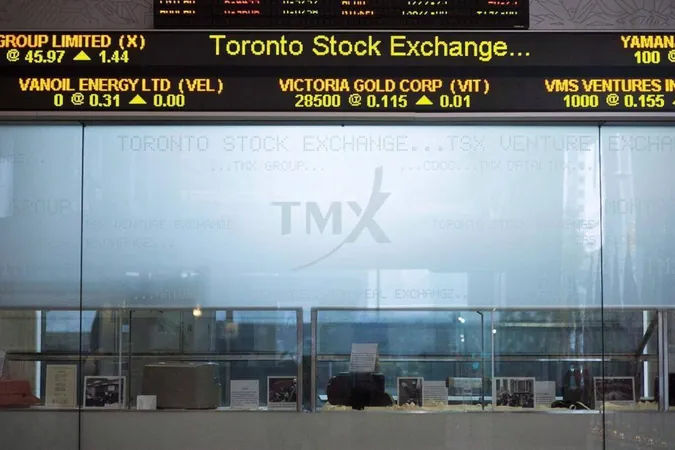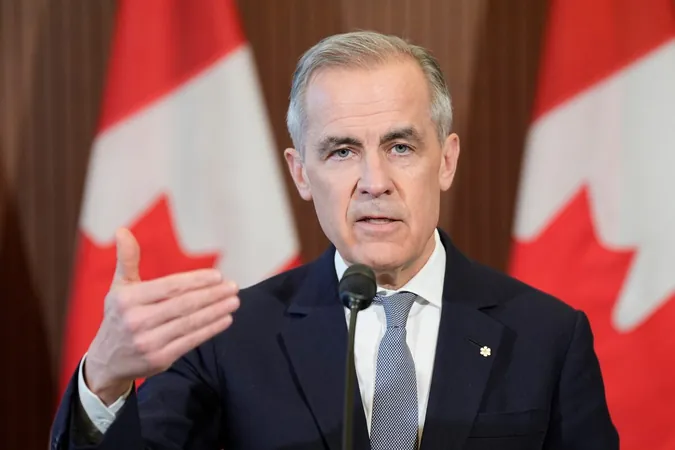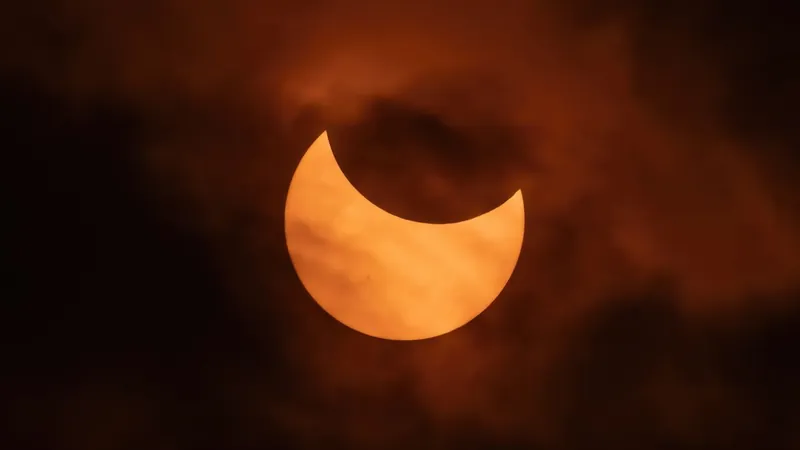
The Future of Vacation Home Prices: What Buyers Need to Know!
2025-03-26
Author: Liam
The Evolving Canadian Vacation Home Market
As the Canadian real estate market continues to evolve, potential vacation home buyers have an exciting yet challenging landscape ahead of them. Despite a noticeable dip in interest from some Canadians, new insights from a Royal LePage report reveal that vacation home prices are poised to climb as demand still surpasses supply, particularly in coveted recreational regions.
Projected Price Increases
Projected trends indicate a consistent upward trajectory, with the median price of single-family homes in these desirable areas estimated to rise by four percent in 2025, reaching a staggering $652,808. This nationwide increase is underscored by significant appreciation across various provincial markets.
Atlantic Canada is expected to lead the charge with an impressive eight percent increase, bringing the median price to approximately $498,852. Quebec isn't far behind, with a predicted rise of 7.5 percent to reach around $457,198. Meanwhile, Alberta continues to dominate as the priciest province for vacation homes, with prices projected to inch up by two percent, hovering around nearly $1.3 million. British Columbia follows closely, also expecting a two percent increase, which will see median prices rise to roughly $951,762, while Ontario's median vacation home price is projected to increase minimally to $647,107—only a one percent uptick over 2024.
Market Dynamics in Manitoba and Saskatchewan
Interestingly, the region comprised of Manitoba and Saskatchewan remains the most affordable, with expected growth of 4.5 percent, setting the median price at $310,052.
Sustained Demand Amid Economic Uncertainty
Phil Soper, president and CEO of Royal LePage, highlighted an enduring desire among families to invest in vacation properties, despite current economic uncertainty and geopolitical tensions. "The initial pandemic-fueled frenzy for recreational properties is settling down, but interest remains strong. Bidding wars have subsided, yet many are still keen to secure their dream getaway," Soper emphasized.
Survey Insights
Survey findings from over 150 Royal LePage agents focusing on the recreational market show that while nearly half noted demand has plateaued compared to last year, there remains a notable contingent reporting an increase in inquiries. Conversely, some agents observed a decline in demand, indicating a nuanced market with varied local dynamics.
Economic Changes and Financing Options
In light of economic changes, falling interest rates are helping invigorate the market, making financing options such as mortgages more accessible for vacation home buyers. Three-quarters of agents noted that many clients seek financial assistance when purchasing their properties. However, supply issues persist, with one-third of agents reporting fewer available homes than last year.
Price Predictions and Market Conclusions
Soper stated, "We anticipate modest price increases for recreational properties as supply fails to keep pace with steadfast buyer interest. The construction of new cottages and cabins is lagging, which will contribute to long-term price growth."
It's worth mentioning that in 2024, the overall weighted median price of a vacation home grew by 2.3 percent year-over-year to reach $627,700. Interestingly, while the weighted median price of single-family waterfront properties decreased by 3.6 percent compared to 2023, remaining at around $1,063,400, the price of condominiums held steady at $431,700.
Conclusion for Potential Buyers
For potential buyers eyeing vacation homes, now might be the ideal time to navigate the changing market landscape cautiously. Understanding these trends and the nuances in various regions could mean the difference between landing the perfect getaway or competing in a challenging market. Don't wait too long—your dream property could soon be out of reach!









 Brasil (PT)
Brasil (PT)
 Canada (EN)
Canada (EN)
 Chile (ES)
Chile (ES)
 Česko (CS)
Česko (CS)
 대한민국 (KO)
대한민국 (KO)
 España (ES)
España (ES)
 France (FR)
France (FR)
 Hong Kong (EN)
Hong Kong (EN)
 Italia (IT)
Italia (IT)
 日本 (JA)
日本 (JA)
 Magyarország (HU)
Magyarország (HU)
 Norge (NO)
Norge (NO)
 Polska (PL)
Polska (PL)
 Schweiz (DE)
Schweiz (DE)
 Singapore (EN)
Singapore (EN)
 Sverige (SV)
Sverige (SV)
 Suomi (FI)
Suomi (FI)
 Türkiye (TR)
Türkiye (TR)
 الإمارات العربية المتحدة (AR)
الإمارات العربية المتحدة (AR)